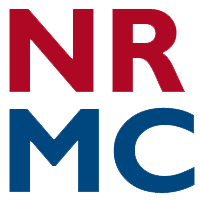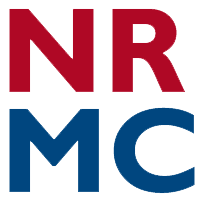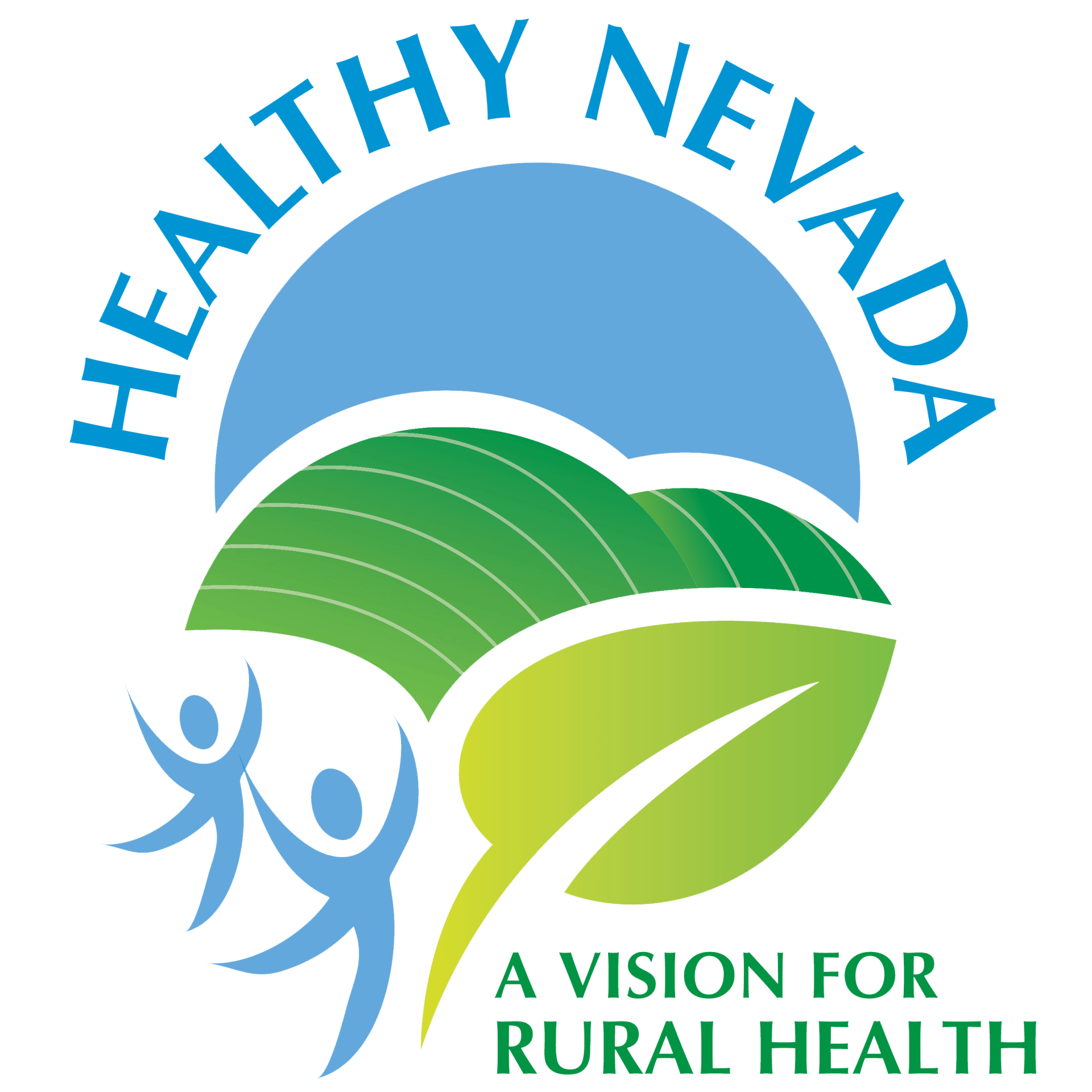NRMC Patient Safety
Always remember to be S.A.F.E.
Safety first: Make sure you and your family know your allergies and medications.
Ask, Ask, Ask: Know all the who, what, when, where and why about the care and treatment you are to receive. Expect everyone involved in your care to introduce themselves by name, and to wear an identification badge. Make sure to tell your healthcare professional if you think he or she has you confused with another patient. Tell the nurse or doctor if you think you are about to receive the wrong medication or if something doesn’t seem right. Don’t assume anything.
Feel respected: You and your family have a right to be treated with respect, dignity and confidentiality. Never forget that your opinion matters.
For information about how to file a grievance or complaint, click here.
Educate: Educate yourself and your family in partnership with your healthcare provider. Learn all you can about your illness and treatment options. Good sources include your doctor, your library, respected websites and support groups. Ask your doctor about the specialized training and experience that qualify him or her to treat your illness. Medical terminology can be confusing; make sure you understand the words used by your caregivers. And be sure to ask any questions you may have before signing any forms. Write down important facts your doctor tells you. Ask a trusted friend or family member to be your advocate.
Patient Safety Tips
Identification: While in the hospital, wear your wrist ID bracelet (provided to you on admission). This bracelet gives the staff information that is critical to your safety and verifies that you are the patient that they should be caring for. Make sure your nurse or doctor checks your wristband or asks your name before he or she administers any medication or treatment.
Call lights: Your hospital bed and bathroom are equipped with call devices. Your nurse will show you how to use the call device. Always keep this device within your reach to call your nurse when you need help.
Smoke-free facility: To ensure everyone’s safety, NRMC facilities are smoke-free. This means no smoking is allowed inside the building.
Prevention of Falls
Some patients may be at risk for falling. If the staff believes you may be at risk, they will take steps to try to prevent a fall. One of the steps is putting a yellow fall risk magnet on the door to your hospital room to let the staff know you are at risk, you will also have fall risk bracelet to wear.
Here is what you and your loved ones can do to prevent a fall:
- Keep the telephone, call device and bedpan or urinal within your reach at the bedside. If walkers, canes or other assistive devices need to be kept close by, let the staff know.
- Remove clutter in the area where you will be walking. Send home any items that are not necessary. If equipment is in the way, tell the staff and it will be moved.
- Call for assistance when you need to go from the bed to the chair or bathroom. Move slowly. If oxygen or other equipment is in use, ask for assistance before getting out of bed.
- Let the staff know if you are going to be left alone in the room.
Preventing Infections
The staff takes measures to reduce the risk of patients developing an infection during the hospital stay. They include hand-washing, proper cleaning of equipment and sterile techniques. Handwashing is important for everyone to practice, including patients, physicians and visitors. You and your loved ones should feel comfortable asking your caregivers, including your doctors, if they washed their hands before having direct contact with you. Most patient rooms have soap dispensers at the sink, as well as an alcohol-based hand rinse that cleans hands without water.
Medication Safety
Make sure to ask questions about your medications, such as what the medication does and the possible side effects. If you have any concerns about the medications, ask your nurse about them.
Some helpful tips for safe medication use are as follows:
- Report all medications you are taking. Include prescription drugs, birth control pills and hormones, as well as over-the-counter medications such as aspirin, antacids, laxatives, eye drops and cough medicine; and herbal supplements, vitamins, minerals, diet pills and dietary supplements.
- Let us know how you take these medications, such as with food or milk, or half a pill, especially if this is different from what was prescribed.
- Take all of your medications as prescribed.
- Keep a written record of your prescription medications, including the name, the dose and when you take it. Carry a copy in your purse or wallet. If you don’t have the information, call someone at home who can read the labels on your medicine bottles, or call your doctor’s office or pharmacy.
- When you go for a follow-up visit to your physician, take a record of the medications prescribed to you when you left the hospital.
- Call your primary care doctor if you have any problems with the medication.
- Speak up when you have any concerns or questions about your medication.
- Report any allergies or adverse reactions you are having or have had.
- While in the hospital, don’t take medications from home, including vitamins, herbs or products such as acetaminophen (Tylenol) or ibuprofen (Advil).
- Patients are sometimes confused because of illness, injury, unfamiliar settings, effects of medication or other reasons. This confusion may lead you to try to pull out intravenous (IV) lines or other tubes. For your safety and comfort, the nursing staff will:
- Work with the family to make you more comfortable.
- Assist with visits to the bathroom.
- Explain what is happening.
- Cover tubes and bandages.
Restraints are used only when other methods have failed and when necessary to prevent injury. These devices will be used only after consulting with a supervising nurse and physician. The family will be notified if restraints are necessary.
Patient Pain Tips
Managing your pain is an important part of treatment. Pain makes it hard for the body to heal. Also, pain interferes with your ability to participate in activities. You have a right to adequate pain management. Your opinion about how to manage your pain is important. In order for your nurses and doctors to help you control your pain, they should know the following information:
- Where your pain is located.
- Whether you have pain all the time or just some of the time.
- What it feels like.
- How bad it feels on a 0-10 scale (0 – no pain, 10 – worst possible pain).
- When the pain started.
- What makes you feel better and what makes you feel worse.
- What you think is the reason for your pain.
- What effect the pain has on your life (e.g., sleep, appetite, work).
- Anything else you think the nurses should know about your pain.
Although medications are frequently used to treat pain, there are other pain reducing methods, such as massage, relaxation techniques and application of heat or cold. Check with your doctor, nurse, social worker, chaplain and/or physical therapist for suggestions that may help your pain.
Surgery and Procedures
When coming for surgery or other procedures, be sure to ask questions before signing consent forms. You and/or your family will be asked to verify what type of surgery is planned for you. Mark the surgical site, which the doctor will do as well, so that there’s no confusion in the operating room.
In Closing
It’s important that you participate in all decisions about your treatment and agree with what will be done during each step of your care. The more information you have, the more confident you will be in the decisions made.
While the physicians, healthcare executives, nurses, technicians and others at Nevada Regional Medical Center are focused on doing everything possible to make healthcare safety a priority, you are key to the success of these efforts. After all, research shows that patients who take part in decisions about their healthcare are more likely to have better outcomes.





